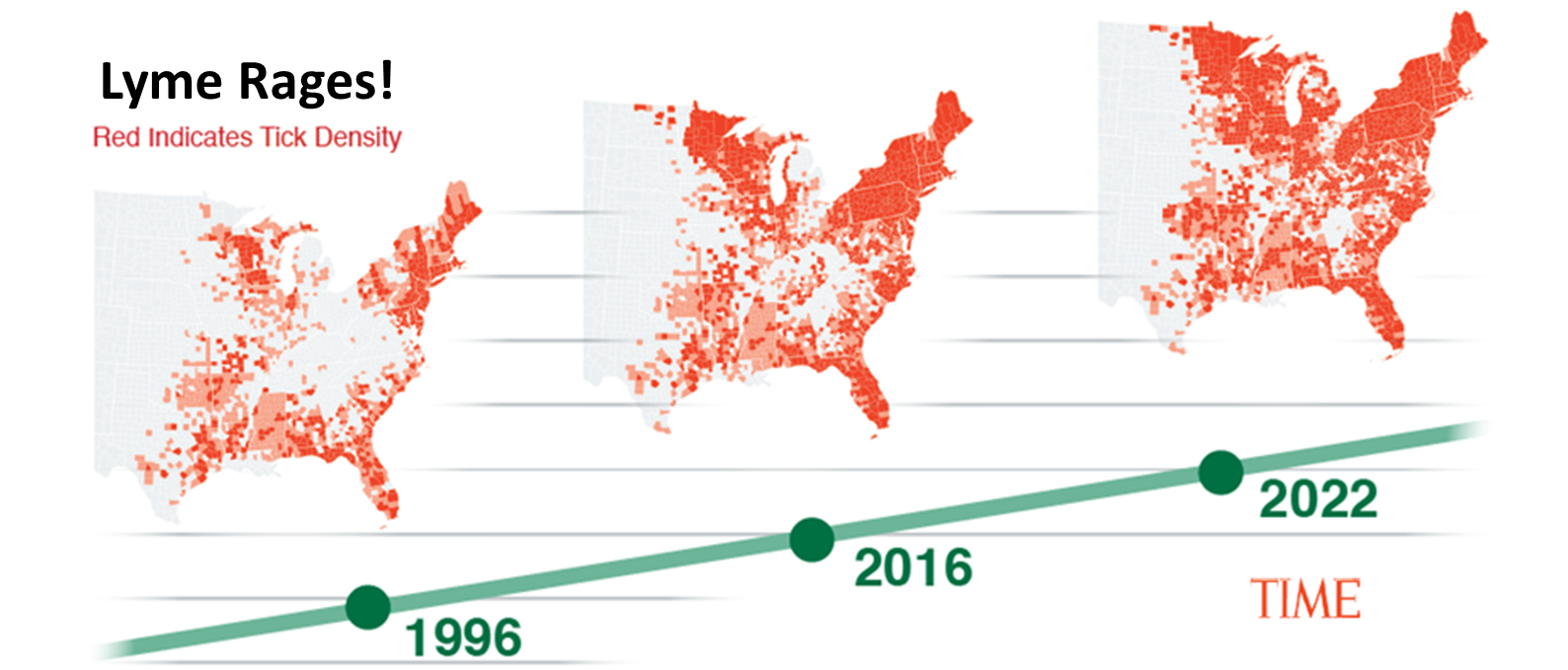PROPRIETARY DEALS WITHOUT PROPRIETARY DRAWBACKS: The “Sell Side” Deal Shepherd

Buyers and investors love proprietary deals. Compared to an auction, proprietary situations allow for a closer relationship with the owner and a more buyer-friendly price and/or structure.
Unfortunately, as experienced buyers know, proprietary deals can drag on indefinitely and are the most likely deals to die. Deal veterans generally know that the seller-owner is far and away the #1 reason a deal fails: whether due to emotions, lack of a financial stake in closing, or over-promising on their actual business prospects. Too often, failure occurs after the buyer spends significant time and treasure.
Dead deals are not the only drawback for buyers in proprietary deals, which create a higher strain on the buyer’s bandwidth, as all of the data collection time and analysis is transferred to the buyer.
What if buyers had the benefits of a proprietary deal without the drawbacks, and didn’t have to pay for that?
Enter the Deal Shepherd.
A “Deal Shepherding” service is a specialty limited investment banking service provided by experienced deal professionals that starts when a buyer and seller have more or less agreed in good faith to work toward a deal or already have agreed a valuation and some structuring in principle. A deal shepherd represents and is paid by the seller. Since the time-consuming auction process is not required, a deal shepherd can price its service below the minimum “Sell Side” banking auction fees, more in line with M&A attorney fees.
Who should consider engaging a deal shepherd? An owner of a good business with an easy story selling 100% of the company should seriously consider an auction—and everyone else might consider a deal shepherd. On the other side, buyers excited by coming to terms (or nearly to terms) on a proprietary deal should consider referring the seller-owner to a deal shepherd, just as they might introduce the seller to experienced legal counsel to ensure a smoother documentation and diligence process with (hopefully!) less frustration and buyer bandwidth required.
Case Study. Deer Isle’s most recent experience as a deal shepherd was a lower middle market manufacturing M&A situation that started at the time a strategic buyer and target had already struck a deal in principle, and the buyer had sent over the first LOI draft. At the closing of this deal, we were then referred to two more similar situations, including one where the referral source is on the buyside and wanted us to assist their target’s owner in order to streamline the deal execution and minimize the risk of the deal dying for unnecessary reasons.
Deal Shepherd Case Study Table: Lower MM US Manufacturing Company, Family-Owned
| Shepherding Service Provided | Relative Value |
| Recommended “Sell Side” counsel | Medium |
| Data room population and management | Medium |
| Preparing materials as needed — understanding the buyer’s perspective | Medium |
| Rollover equity considerations & understanding what the seller is ‘buying’ | Medium |
| CFO augmentation, liaison with buyside QoE firm | Low |
| Cross-border and F/X considerations | High |
| Attended buyer meetings with owners | Low |
| Creative solution to a dispute over diligence finding | High |
Who offers deal shepherding services? A deal shepherd should be an investment bank, as it is a form of investment banking. Even if it were not, a pure accounting or legal background is unlikely to lead to an appreciation of the art of the deal, while RIAs and business people with one deal’s experience just don’t have the broad perspective, pattern recognition, and analytical capability.



